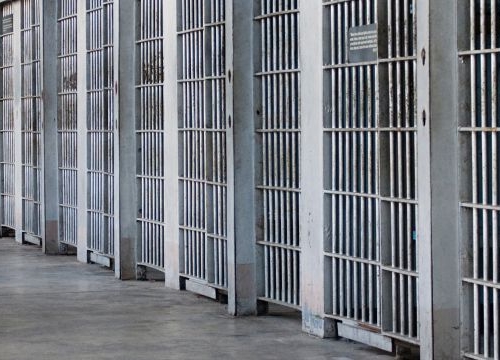Toward An International Human Right to Claim Innocence
Event


Adobe
Over the last two decades, a growing number of states have adopted new laws and mechanisms to address a longstanding gap in national criminal laws: the absence of meaningful procedures to raise post-conviction claims of factual innocence, including based on newly discovered evidence in death penalty cases. These legal and policy reforms respond to a surge of exonerations worldwide, facilitated by the growth of national innocence movements that are increasingly collaborating across national boundaries.
It is striking that these developments have occurred with little direct help from international law. Although the International Covenant on Civil and Political Rights (ICCPR) and regional human rights treaties recognize extensive fair trial and appeal rights, no international human rights instrument – in its text, interpretation, or implementation – explicitly and fully recognizes the right to assert a claim of factual innocence. This omission has been described as international law’s ‘innocence gap’. An increasing number of scholars, innocence organizations, and civil society groups argue that international law should play a bigger role in pushing states to ensure meaningful opportunities for wrongfully convicted people to review their cases.
The speakers on this panel – co-organized by our Geneva Human Rights Platform with the European Innocence Network, University of Cincinnati College of Law, Ohio Innocence Project, Projet Innocence Suisse, Duke Law Center for International and Comparative Law and the Duke Law Wilson Center – will analyze the innocence gap in international law and discuss different strategies for achieving greater recognition of an international right to assert claims of factual innocence. The panel will draw upon the insights from efforts to promote other ‘new’ human rights and the experiences of beneficiaries of and participants in domestic advocacy on behalf of individuals who have been wrongfully convicted. In addition, two Europeans who served significant time in prison for crimes they did not commit will share their stories.
Welcome and Introduction
- Felix Kirchmeier, Executive Director, Geneva Human Rights Platform, Geneva Academy
- Professor Mark Godsey, University of Cincinnati College of Law, Ohio Innocence Project and Co-Chair, International Committee of Innocence Network
A Whirlwind Survey of Wrongful Convictions and Innocence – Work Around the Globe
- Professor Mark Godsey, Ohio Innocence Project – North America
- Dr Linda Geven, European Registry of Exonerations – Europe
- Dr Akiko Kikuyama, Kogawara, Innocence Project Japan – Asia
- Manuel Garrido, Innocence Project Argentina – Latin America
- Dr Claire Mcgourlay, Manchester Innocence Project – United Kingdom
A Story of Wrongful Conviction
- Angelo Massaro, wrongfully convicted in Italy – interviewed and translated by Dr Martina Cagossi, Innocence Project Italy
Toward an International Right to Assert Post-Conviction Innocence Claims
- Professor Laurence Helfer, Duke Law School, Member of the United Nations Human Rights Committee
- Professor Jayne Huckerby, Duke Law School
- Professor Brandon Garrett, Duke Law School
Disclaimer
This event may be filmed, recorded and/or photographed on behalf of the Geneva Academy. The Geneva Academy may use these recordings and photographs for internal and external communications for information, teaching and research purposes, and/or promotion and illustration through its various media channels (website, social media, newsletters, annual report, etc.).
By participating in this event, you are agreeing to the possibility of appearing in the aforementioned films, recordings and photographs, and their subsequent use by the Geneva Academy.









